Home>diy>Building & Construction>What To Live In While Building A House


Building & Construction
What To Live In While Building A House
Modified: January 24, 2024
Find the perfect temporary home during your building construction with our guide on what to live in while building a house. Explore the best options for a comfortable and convenient living experience.
(Many of the links in this article redirect to a specific reviewed product. Your purchase of these products through affiliate links helps to generate commission for Storables.com, at no extra cost. Learn more)
Introduction
Building a house is an exciting and rewarding endeavor, but it often comes with the challenge of finding suitable accommodation during the construction process. While the timeline for constructing a home can vary depending on several factors, it is not uncommon for the process to take several months or even a year. During this time, it is essential to have a comfortable and convenient place to live.
In this article, we will explore some of the options available for temporary housing while building a house. Whether you are looking for affordability, flexibility, or convenience, there are various choices to consider that can meet your specific needs.
Key Takeaways:
- Embrace the adventure of building a house by choosing the right temporary housing option. Whether it’s renting, staying with family, or living in an RV, make the most of the experience and enjoy the journey.
- Consider the financial and practical aspects of each temporary housing option while building your dream home. From affordability to convenience, there’s a solution that can meet your specific needs and make the construction process more enjoyable.
Read more: What Is A Passive House Building
Renting a Temporary Residence
Renting a temporary residence is a popular choice for individuals and families who need a comfortable place to live while their dream home is being built. This option offers flexibility, as you can choose the duration of your lease to align with the estimated completion time of your new house.
One advantage of renting is the wide range of choices available. You can find apartments, townhouses, or even single-family homes for rent. This allows you to select a residence that suits your preferences and budget. Additionally, most rental properties come fully furnished, saving you the hassle and cost of purchasing or moving furniture.
When looking for a temporary rental, consider proximity to your construction site and local amenities. Choose a location that offers convenience and minimizes your daily commuting time. It can also be beneficial to opt for a short-term lease, as it allows for more flexibility if there are unexpected delays in the construction process.
Furthermore, renting a temporary residence gives you the opportunity to get to know the neighborhood and community where you plan to build your home. You can immerse yourself in the local culture, build relationships with neighbors, and gain a deeper understanding of the area before settling into your permanent residence.
While renting a temporary residence provides many benefits, it is essential to consider the financial aspect. Renting can be expensive, especially if you need to cover both the rent and the mortgage of your under-construction home. Evaluate your budget carefully and explore cost-saving options, such as finding a smaller rental property or negotiating a lower rent with the landlord.
In summary, renting a temporary residence offers flexibility, convenience, and the opportunity to familiarize yourself with the community. It is a popular choice for those building a house and can provide a comfortable living arrangement while your dream home takes shape.
Living with Family or Friends
If you’re looking for a cost-effective and familiar option while your house is being built, living with family or friends can be an excellent choice. Not only does it provide a sense of comfort and support, but it can also save you money on rent or accommodation expenses.
Living with loved ones during the construction process allows you to maintain a strong support system and minimizes the stress often associated with temporary housing. You can rely on their understanding and assistance while navigating the challenges of building a house.
When considering this option, it is crucial to discuss expectations and boundaries upfront. Make sure to communicate openly about the duration of your stay, financial arrangements, and any other pertinent details to ensure a smooth living situation for everyone involved.
Living with family or friends can also offer additional benefits beyond cost savings. You may have access to amenities not available in other temporary housing options, such as a fully equipped kitchen or a backyard for relaxation. Additionally, you can enjoy the company and support of your loved ones, providing valuable emotional support during the sometimes stressful construction process.
While living with family or friends can be a convenient choice, it is essential to consider the potential impact on your relationships. Make sure to maintain open communication and respect each other’s space and boundaries. It is also a good idea to contribute to household expenses or offer help with chores as a token of appreciation for their generosity.
Living with family or friends is a great option if you have a strong support network and are comfortable with the dynamics of sharing a living space. It can provide a sense of familiarity and reduce financial burdens while your house is under construction.
Staying in a Hotel or Short-Term Rental
If you prefer a hassle-free and temporary housing option while your house is being built, staying in a hotel or a short-term rental can offer convenience and comfort.
Hotels are a popular choice due to their convenience and amenities. They provide a ready-to-use living space with housekeeping services, which saves you from the responsibilities of maintaining a home. Additionally, hotels often offer various amenities, such as a gym, swimming pool, laundry facilities, and complimentary breakfast, providing a comfortable and enjoyable stay.
Short-term rentals, such as Airbnb or VRBO, offer a home-like experience with greater flexibility and potentially more affordable options. These platforms allow you to rent a fully furnished residence, whether it’s an apartment, house, or even a unique vacation home. Short-term rentals provide the flexibility to choose the location, size, and amenities that suit your preferences and budget.
When selecting a hotel or short-term rental, consider factors such as location, proximity to your construction site, and your daily commuting needs. Look for accommodations that offer easy access to amenities, nearby restaurants, and entertainment options to make your stay more enjoyable.
Keep in mind that staying in a hotel or short-term rental can be more expensive compared to other options, especially if your construction timeline extends for an extended period. However, if budget allows, it can provide a convenient and comfortable living arrangement with minimal responsibilities.
An additional advantage of staying in a hotel or short-term rental is the flexibility it offers. If there are unexpected delays or changes in your construction timeline, you have the freedom to easily extend your stay or find alternative accommodations without being tied to a long-term lease.
In summary, staying in a hotel or short-term rental provides convenience and a hassle-free living environment during the construction of your house. It offers amenities, flexibility, and the opportunity to fully enjoy your temporary accommodations without the responsibility of maintaining a home.
Using a Recreational Vehicle or Camper
If you crave adventure and the freedom to travel while your house is being built, utilizing a recreational vehicle (RV) or camper can be an exciting and flexible option.
An RV or camper allows you to have your own mobile home, providing the convenience of having your living space wherever you go. This option is ideal for those who enjoy camping, outdoor activities, and embracing a nomadic lifestyle during the construction process.
One of the main advantages of using an RV or camper is the flexibility it offers. You can choose your location freely and have the freedom to move around as your construction site progresses or as your personal preferences change. This flexibility allows you to explore different areas, experience new adventures, and live in close proximity to your construction site.
RVs and campers come in various sizes and configurations, offering different levels of comfort and amenities. You can choose between fully equipped motorhomes with kitchen facilities, bathrooms, and sleeping areas, or smaller towable trailers that can be parked and set up at campgrounds or designated RV parks.
Living in an RV or camper allows you to enjoy the outdoors and nature while still having the comfort of a home. You can wake up to breathtaking landscapes, enjoy outdoor activities like hiking or fishing, and experience the freedom of living on the road.
It is important to consider the practicalities of living in an RV or camper, such as availability of water, electricity, and wastewater disposal. Planning for a suitable camping location with the necessary facilities or investing in portable amenities can make your living experience more comfortable.
Additionally, it is essential to consider the costs associated with RV or camper living, including fuel, campground fees, maintenance, and potential storage costs if you require temporary storage for your vehicle during the construction process.
In summary, using an RV or camper provides flexibility, adventure, and the opportunity to embrace a nomadic lifestyle during the construction of your house. It allows you to have your living space on-the-go, and enjoy the freedom of traveling and exploring different locations while your dream home takes shape.
Consider living in a temporary modular home or RV while building your house. This allows you to be on-site, save money on rent, and oversee the construction process more closely.
Read more: What Are The Steps In Building A House
Opting for a Prefabricated or Modular Home
When seeking a more permanent and convenient housing solution while your house is being built, opting for a prefabricated or modular home can provide an excellent option. These types of homes are built off-site in a controlled factory environment and then transported to your construction site for assembly.
A prefabricated or modular home offers several advantages. Firstly, the construction process is typically faster compared to traditional stick-built homes. Since the components are manufactured in a factory, the building process can be completed concurrently with site preparation, reducing construction time significantly.
Another advantage of prefabricated or modular homes is the high level of customization available. You can choose from a wide range of floor plans, design styles, and finishes to create a home that suits your preferences and lifestyle. Additionally, the factory setting ensures precise construction and quality control, resulting in a well-built and energy-efficient home.
With a prefabricated or modular home, you have the option to live on-site during the construction process. This allows you to closely monitor progress and have a more hands-on approach to the building of your new home. You can also enjoy the convenience of being at the construction site to make any necessary decisions or adjustments along the way.
Furthermore, prefabricated and modular homes are often more cost-effective compared to traditional stick-built homes. The controlled factory environment allows for efficient use of materials and labor, reducing overall construction costs. Additionally, the faster construction timeline can result in savings on temporary housing expenses.
While opting for a prefabricated or modular home can provide many benefits, it is essential to consider the potential limitations. These types of homes may have restrictions in terms of design options or may require additional permits and approvals compared to traditional construction.
Overall, opting for a prefabricated or modular home offers speed, customization, and cost-effectiveness during the construction of your house. It provides a more permanent housing solution and allows for closer involvement in the building process.
Renting a Fully Furnished Apartment or Condo
If you’re looking for a convenient and hassle-free housing option while your house is being built, renting a fully furnished apartment or condo can be an excellent choice. This option provides a ready-to-move-in living space without the need to purchase or transport furniture.
Renting a fully furnished apartment or condo offers several advantages. Firstly, it saves you the time and effort of finding and buying furniture for temporary accommodation. With a fully furnished rental, you can enjoy the comfort and convenience of a home-like environment from day one.
Moreover, furnished rentals provide flexibility. Most fully furnished apartments and condos offer short-term lease options, allowing you to align the duration of your lease with the estimated completion time of your new home. This ensures that you have a comfortable place to live without being tied to a long-term commitment.
Another advantage of renting a fully furnished apartment or condo is the variety of amenities and services available. Many rental communities offer amenities such as a swimming pool, fitness center, and communal areas for residents to enjoy. Additionally, some furnished rentals may come with additional services such as housekeeping, maintenance, or concierge services, providing a hassle-free living experience.
When looking for a fully furnished rental, consider the location and proximity to your construction site. Choose an apartment or condo that is conveniently located to minimize commuting time and provide easy access to necessary amenities such as grocery stores, restaurants, and public transportation.
While renting a fully furnished apartment or condo can offer convenience, it is important to consider the financial aspect. Fully furnished rentals can be more expensive compared to unfurnished options due to the added cost of furniture and amenities. Evaluate your budget carefully and consider if the convenience and comfort are worth the additional expense.
In summary, renting a fully furnished apartment or condo provides a convenient and hassle-free housing option during the construction of your house. It allows you to move into a ready-to-use living space without the need to purchase or transport furniture, providing comfort and flexibility until your dream home is completed.
Buying a Small Starter Home
If you’re in a position to make a long-term investment while your house is being built, buying a small starter home can be a practical and financially savvy option. This allows you to have a place to live that not only serves as temporary housing but also serves as a long-term asset.
Buying a small starter home offers several advantages. Firstly, it provides a sense of stability and ownership during the construction process. Instead of renting or staying in temporary accommodation, you have the security of a permanent residence that you can personalize and make your own.
A small starter home usually comes at a lower price point compared to larger, more elaborate homes. This affordability allows you to enter the real estate market and start building equity while your dream home is being built. You can consider it as a stepping stone in your homeownership journey.
Furthermore, buying a small starter home gives you the opportunity to make improvements and upgrades over time. As you live in the home and build equity, you can make renovations or add features that align with your vision for your dream house. This gradual transformation allows you to fully customize your living space over time.
When searching for a small starter home, consider its location and proximity to your construction site. Look for a neighborhood that you are comfortable residing in for the duration of the construction process. Consider factors such as access to amenities, schools, and transportation options.
While buying a small starter home has its benefits, it is important to carefully assess your financial situation and future plans. Determine if you can comfortably manage the mortgage payments for both the starter home and your future dream home. Also, consider if you are willing to take on the responsibilities of homeownership during the construction process.
In summary, buying a small starter home provides stability, the opportunity to build equity, and the ability to customize your living space while your dream home is being built. It can be a wise long-term investment and a step towards achieving your homeownership goals.
Conclusion
When building a house, finding suitable accommodation during the construction process is essential for comfort and convenience. There are several options available to meet your temporary housing needs while your dream home takes shape.
From renting a temporary residence to living with family or friends, staying in a hotel or short-term rental, using a recreational vehicle or camper, opting for a prefabricated or modular home, renting a fully furnished apartment or condo, or even buying a small starter home, each choice offers its own advantages.
Consider your budget, personal preferences, and timeline when deciding on the best option for you. Whether you prioritize affordability, flexibility, convenience, or the opportunity to embark on an adventure, there is a temporary housing solution that can meet your specific needs.
Remember to carefully evaluate the financial aspects and practicalities of each option, such as proximity to your construction site, amenities, and the impact on relationships and daily life.
Regardless of which option you choose, make the most of your temporary housing situation. Embrace the experience, explore the surrounding area, build relationships with neighbors, and enjoy the journey as your dream home slowly becomes a reality.
In the end, the goal is to have a comfortable and convenient living arrangement during the construction process, allowing you to focus on the excitement and anticipation of moving into your dream home.
Good luck with your house construction, and may your temporary housing choice make the journey a pleasant and memorable one!
Frequently Asked Questions about What To Live In While Building A House
Was this page helpful?
At Storables.com, we guarantee accurate and reliable information. Our content, validated by Expert Board Contributors, is crafted following stringent Editorial Policies. We're committed to providing you with well-researched, expert-backed insights for all your informational needs.
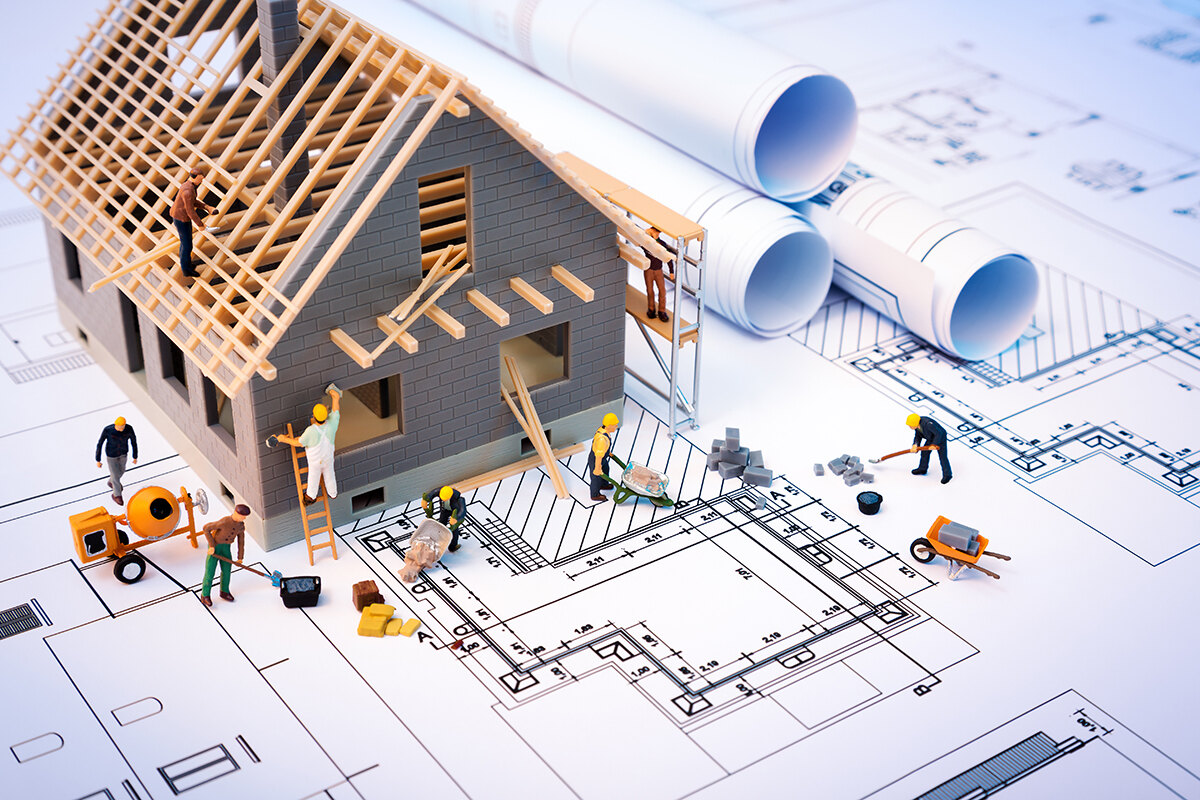
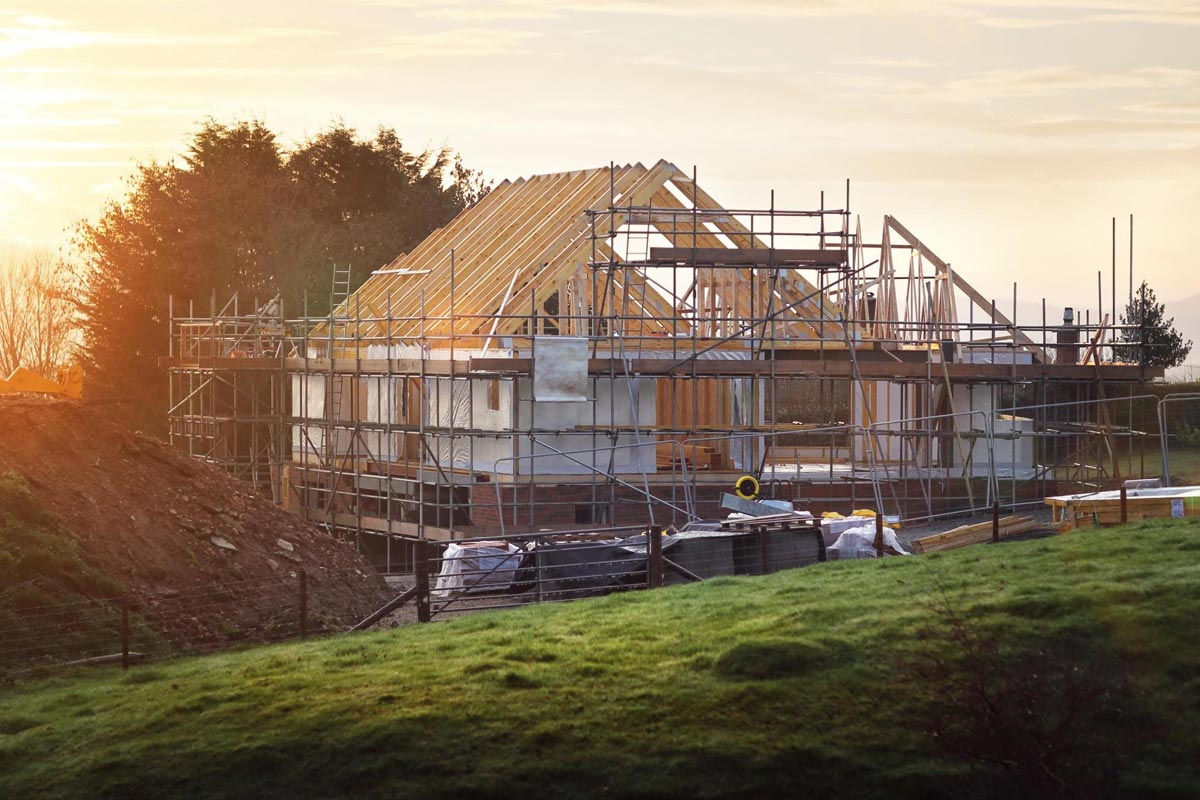
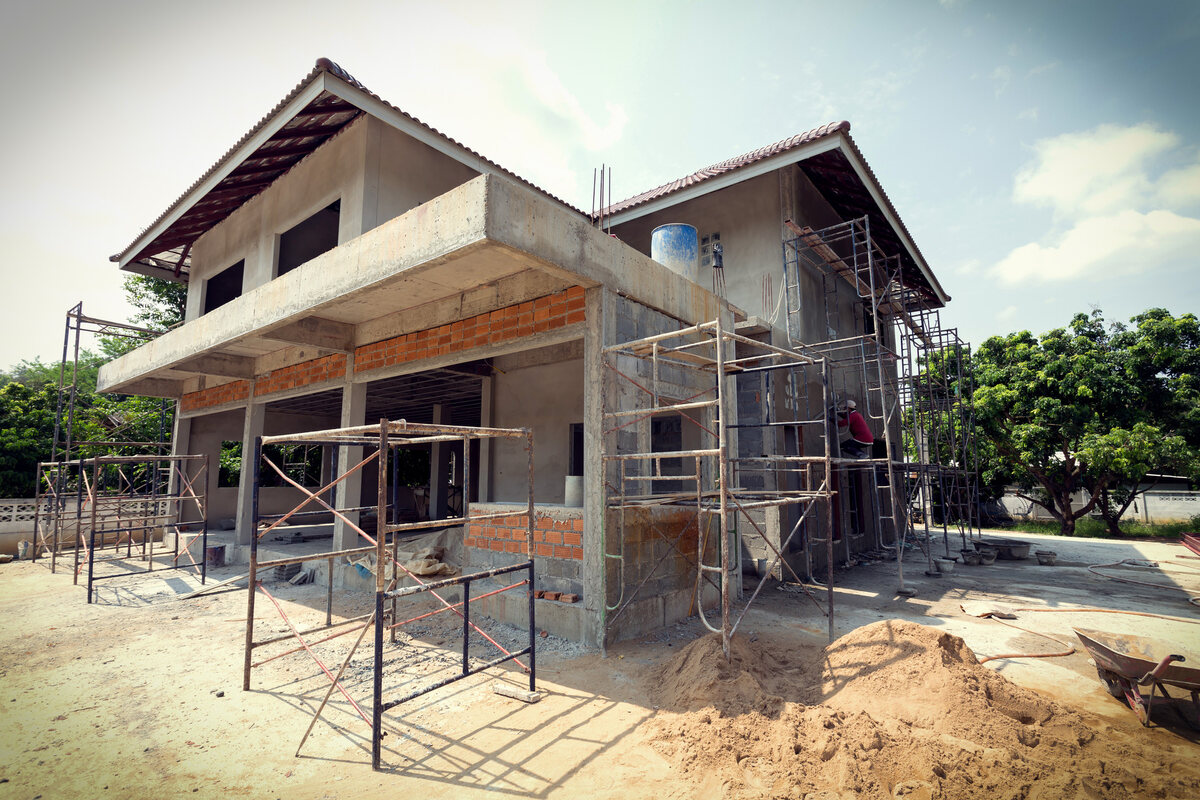
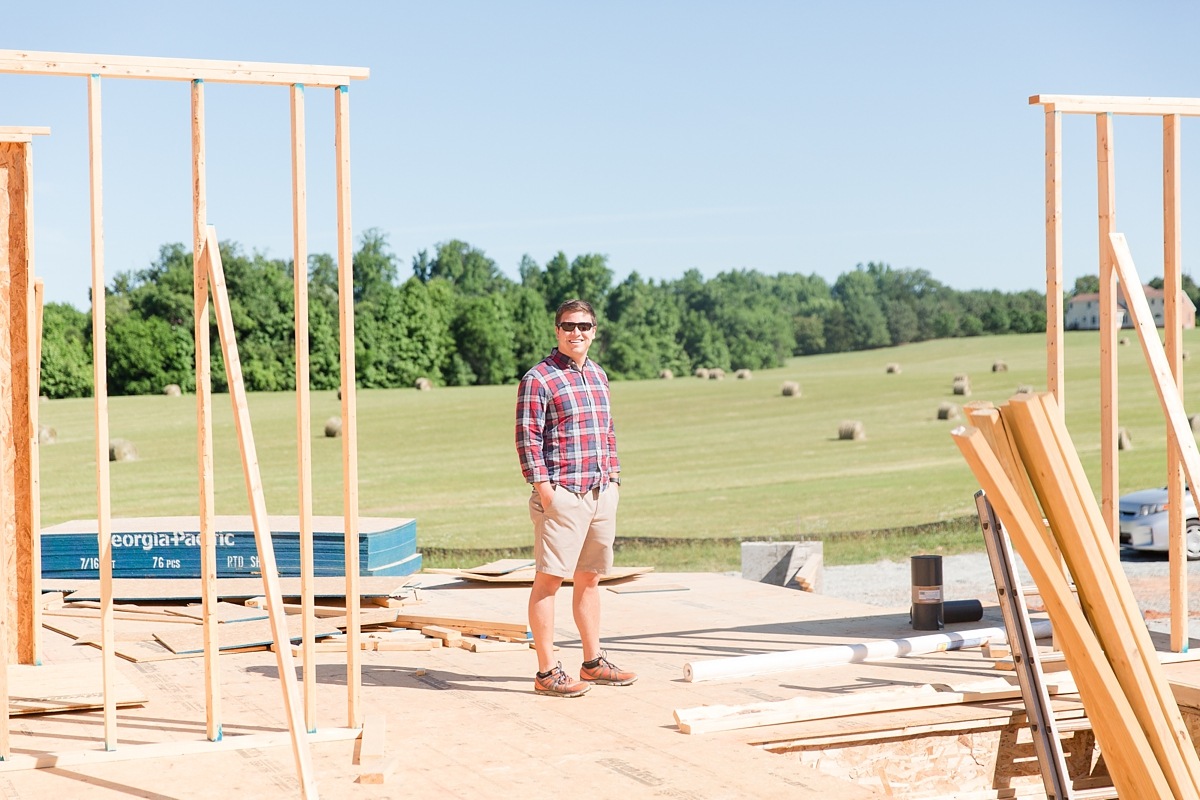
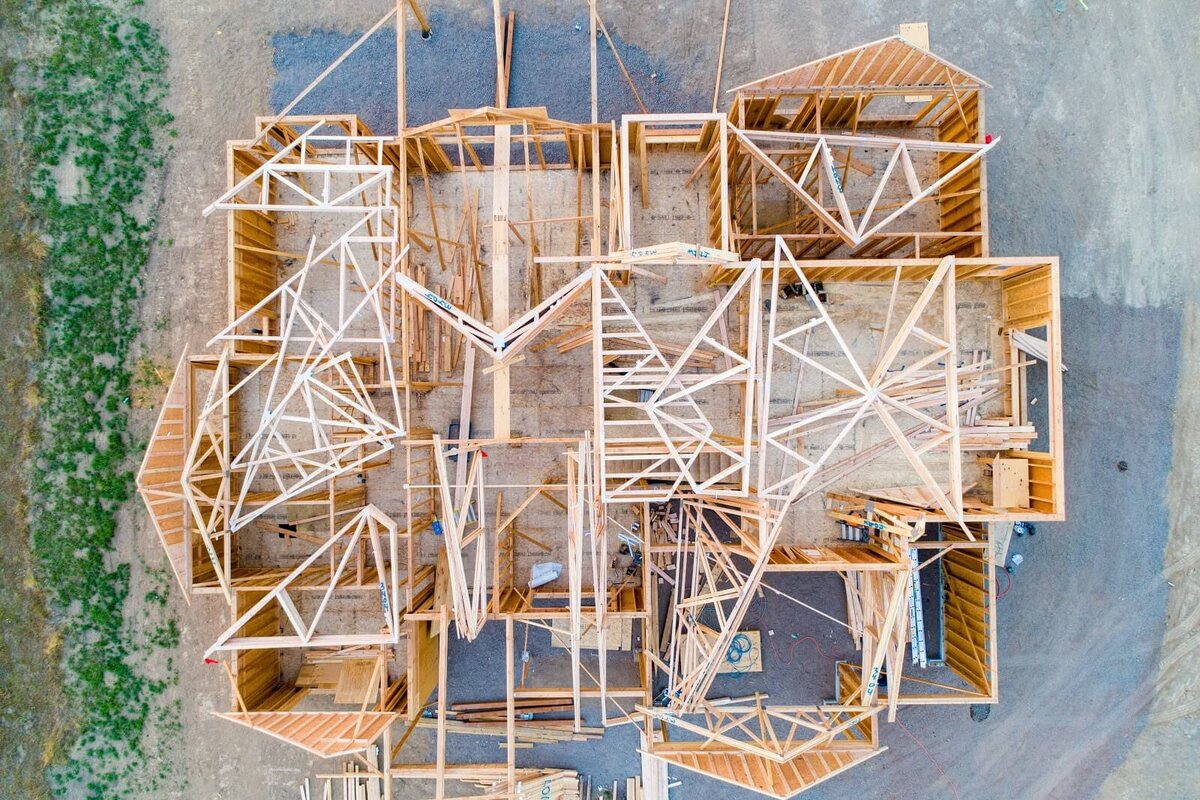

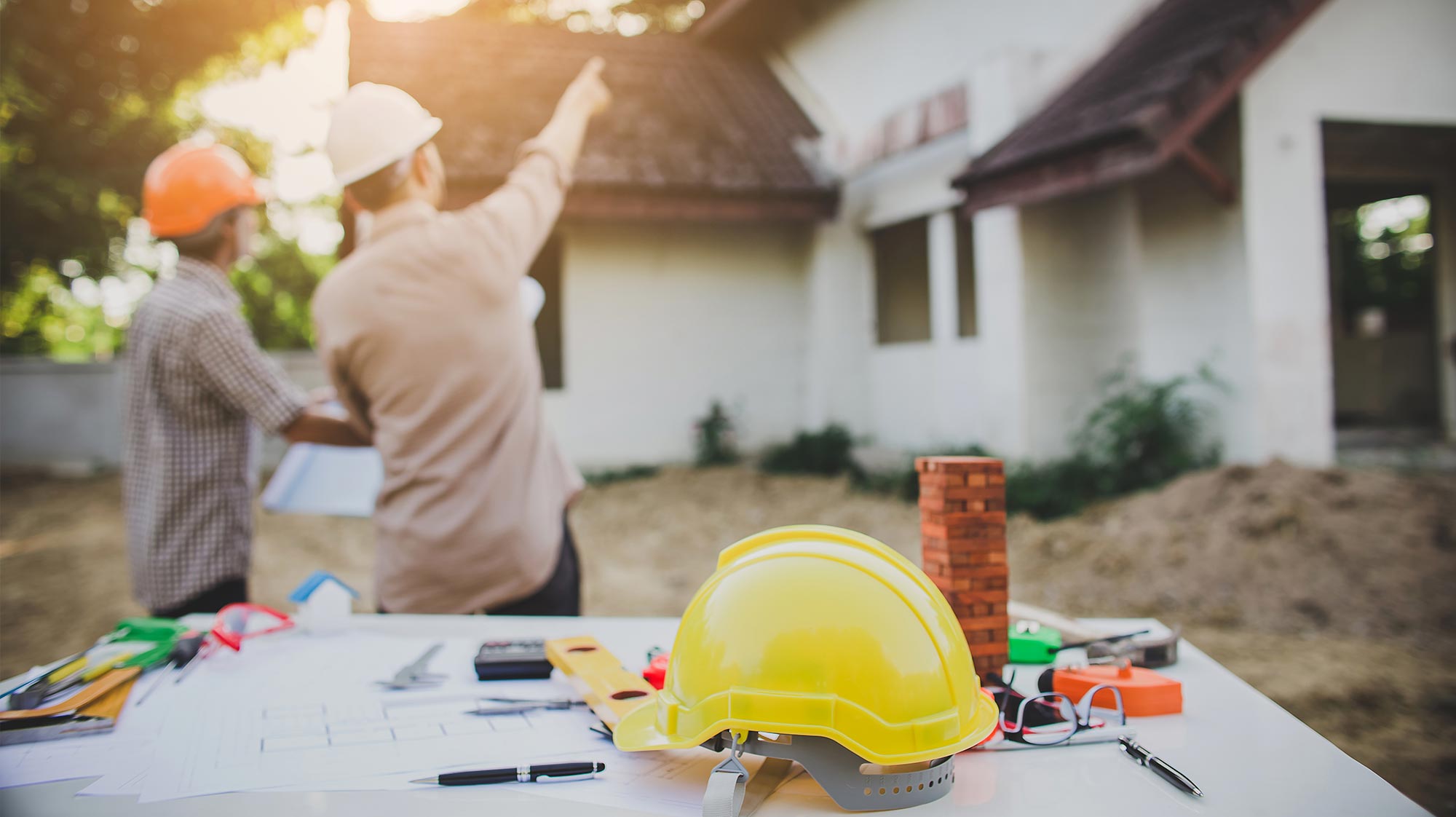

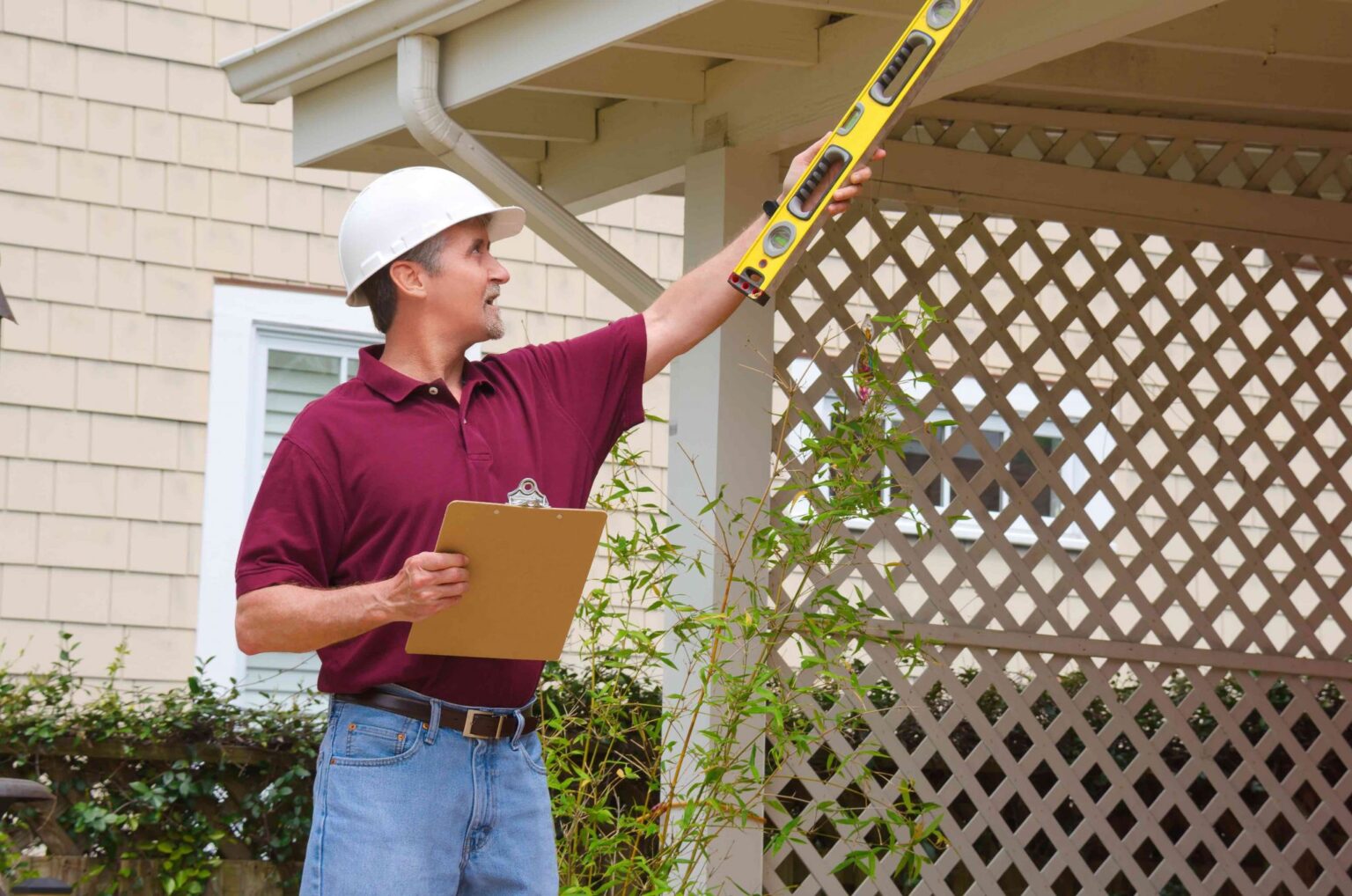
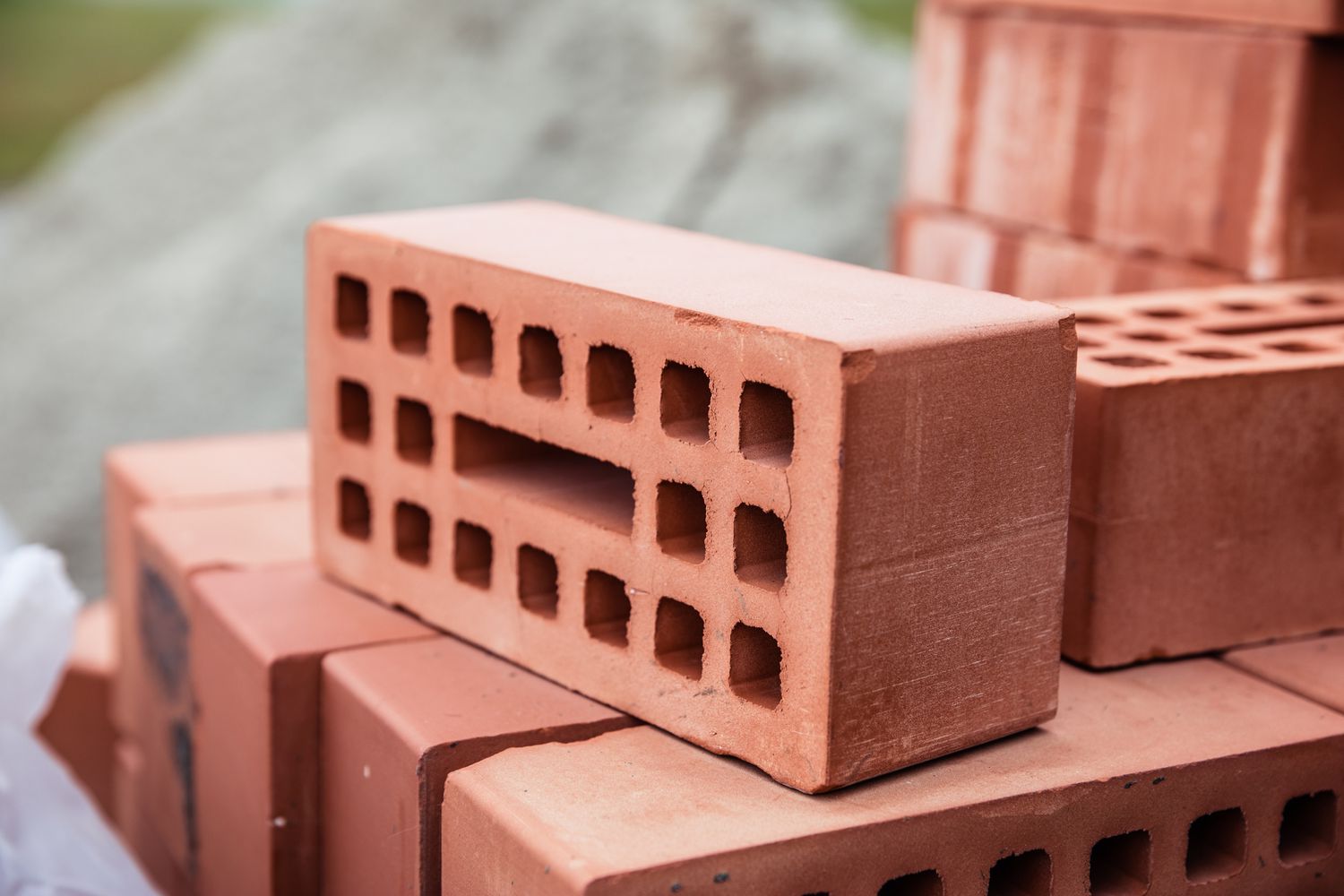
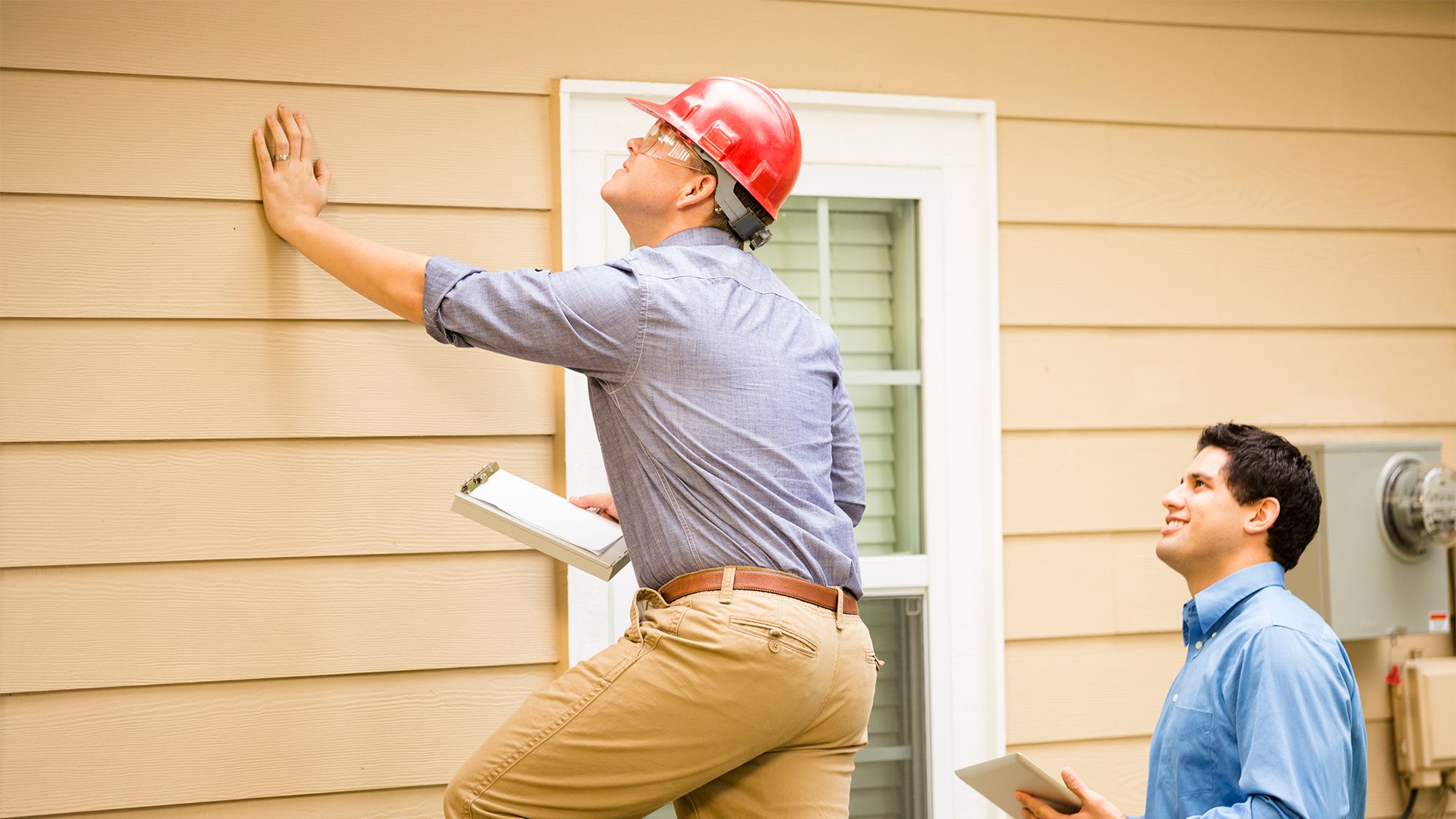
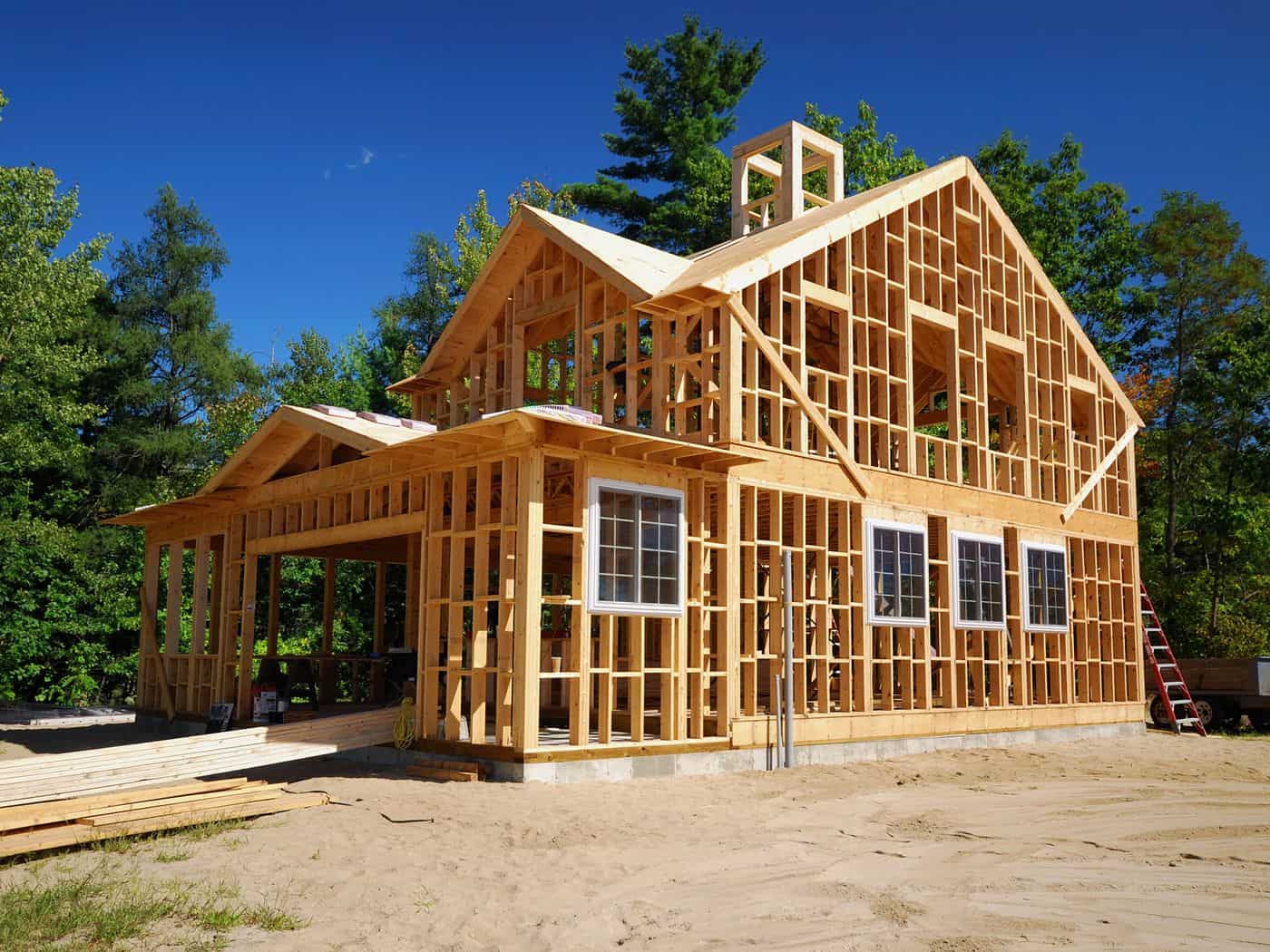
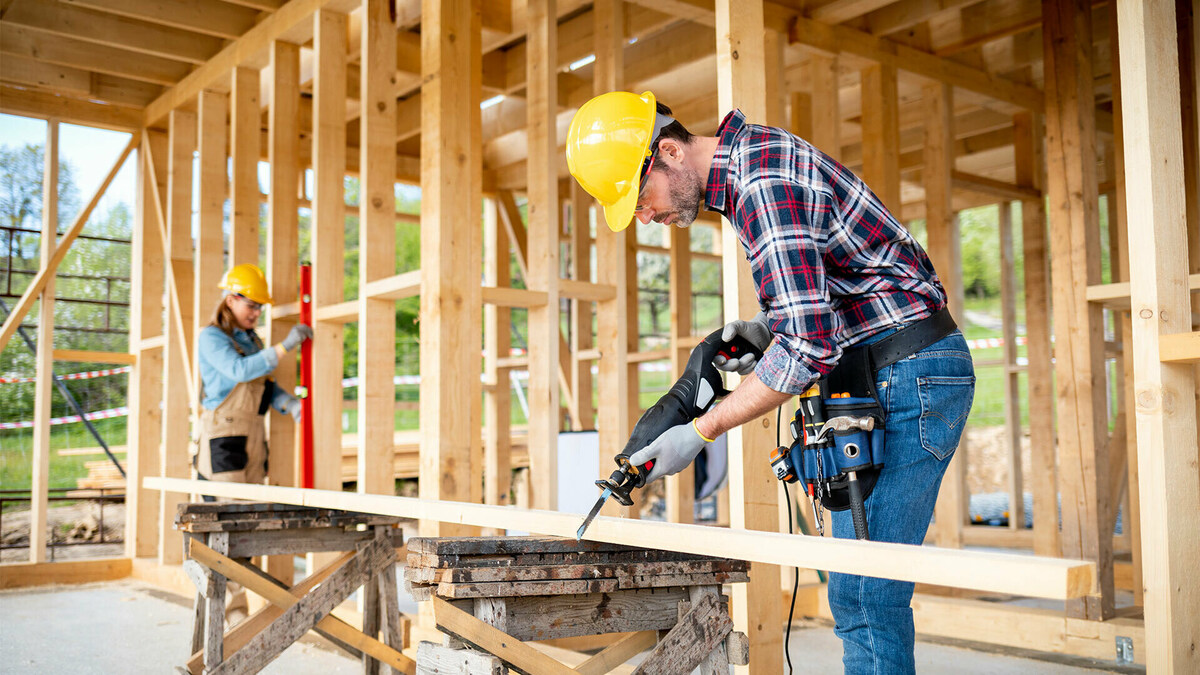
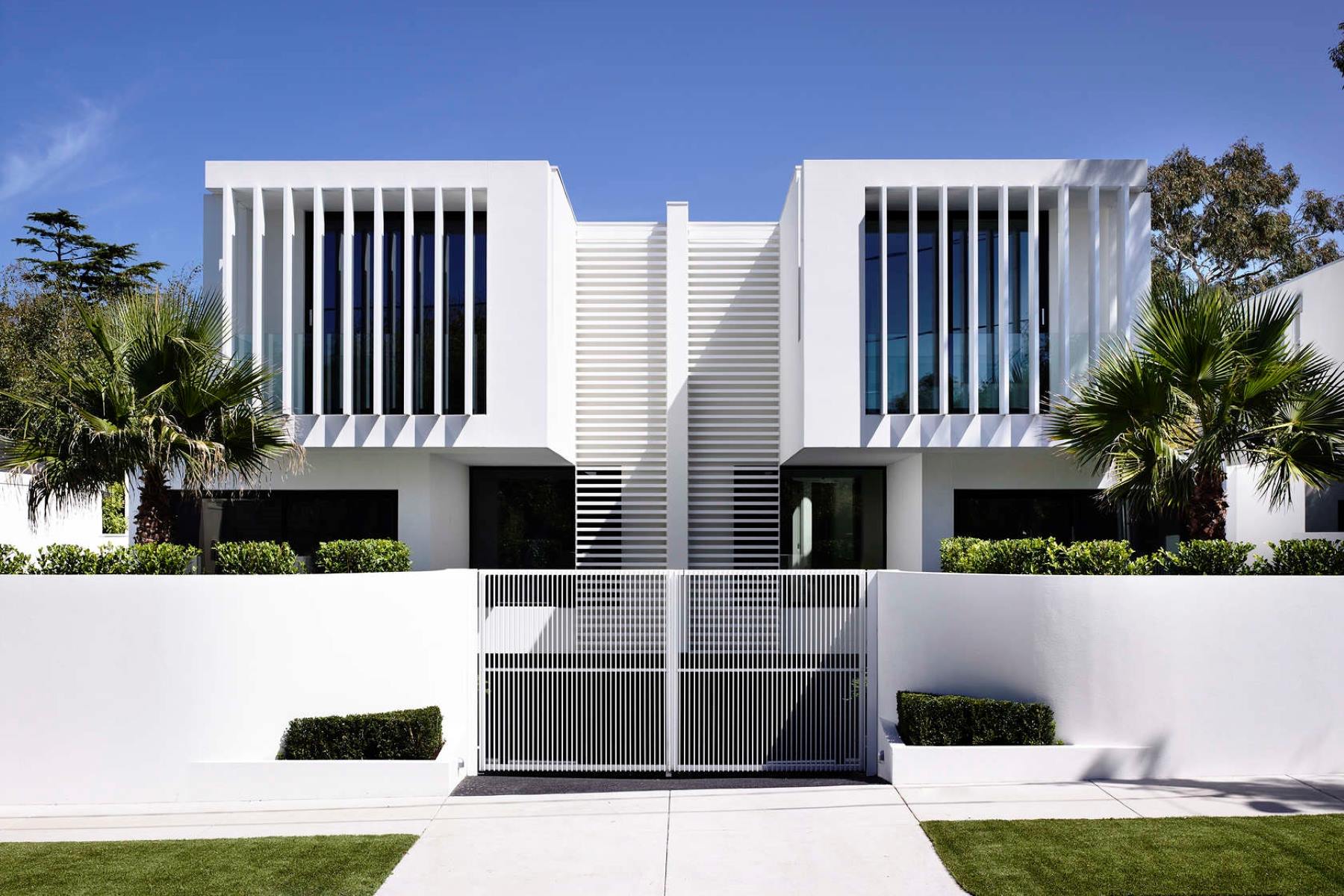

0 thoughts on “What To Live In While Building A House”